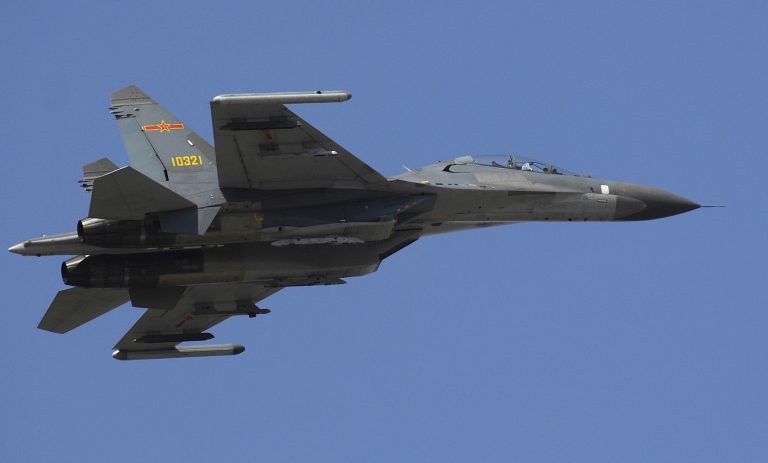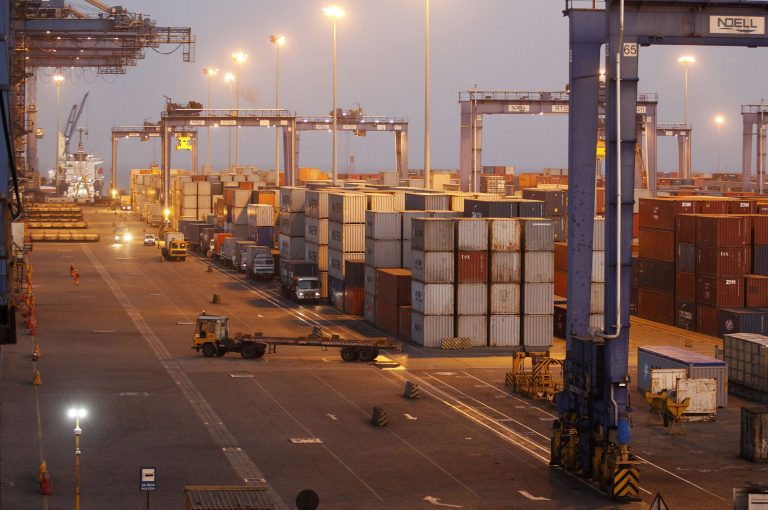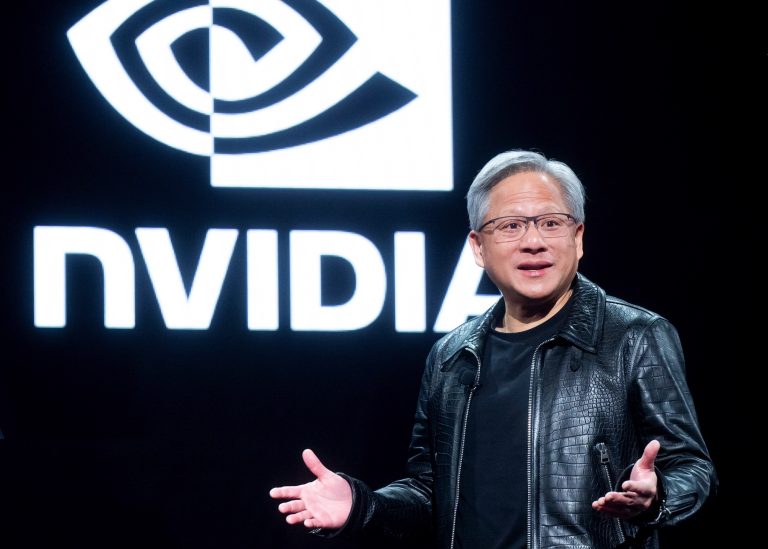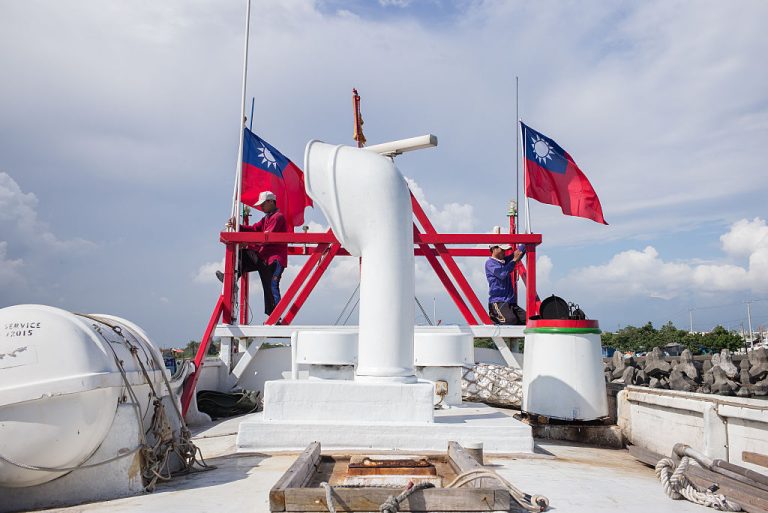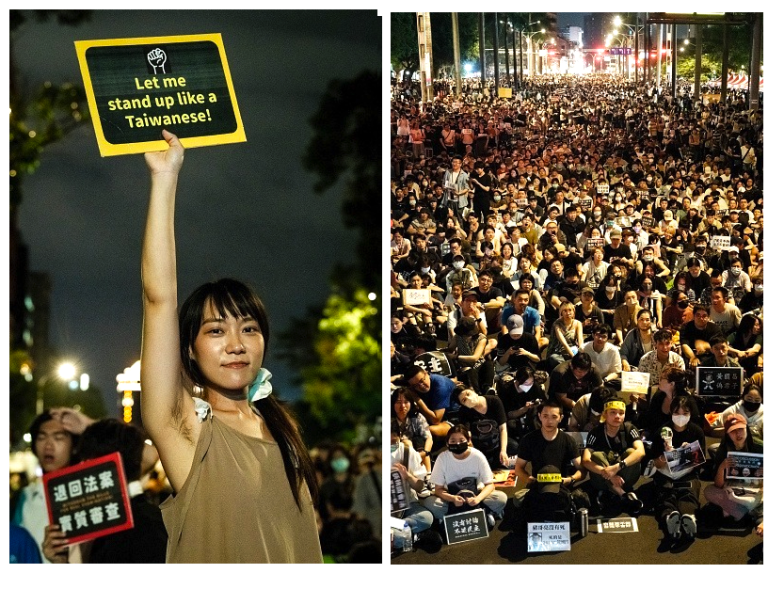Example set by Moscow puts pressure on Chinese communist leaders to make good on ‘reunification’ promise
News analysis
On Feb. 24, nine aircraft of the Chinese People’s Liberation Army (PLA) air force approached Taiwan from the South China Sea, prompting the island to scramble fighters as they entered the Taiwanese air defense identification zone.
Beijing’s sortie, consisting of eight J-16 fighter jets and a Y-8 aerial reconnaissance plane, would have been a quasi-normal occurrence, had it not coincided with Russia’s lightning military offensive into the Ukraine early that morning.
The Russian invasion has led to concerns that the People’s Republic of China (PRC) — which claims Taiwan as a rightful part of its territory — will be emboldened to launch its own military campaign.
Success
You are now signed up for our newsletter
Success
Check your email to complete sign up
Russia’s president Vladimir Putin defined the Kremlin’s objectives in an emergency address delivered on Feb. 24 as the invasion was underway: to “demilitarize” and “denazify” Ukraine. As of press time, the Russian forces are expected to aim for the surrender or destruction of Ukraine’s military and install a pro-Moscow government that will prevent the country from joining either the EU or NATO alliance.
‘Taiwan is not Ukraine’
There are strong parallels in the Russia-Ukraine conflict and the tension between Taiwan and the Chinese mainland. Ukraine was historically part of the Russian Empire, and later, the Soviet Union. Taiwan is governed as the Republic of China (ROC), which used to run all of China before being forced out by the Chinese Communist Party (CCP) in 1949.
PRC foreign ministry spokeswoman Hua Chunying told reporters in Beijing on Feb. 23 that such comparisons are not apt.
“Taiwan is not Ukraine,” she said, but continued that the island “has always been an inalienable part of China. This is an indisputable legal and historical fact.”

READ MORE:
- Beijing Refrains From Calling Out Russian Invasion, But Urges Chinese Nationals in Ukraine to Avoid ‘Unstable Areas’
- Heavy Clashes Erupt Around Ukrainian Airports, Military Bases, and Ammo Depots as Russia Goes for Kiev in Full-Fledged Blitzkrieg
On Feb. 23, Taiwan president Tsai Ing-wen condemned Russia as its forces moved into separatist-held territory the day before the invasion. She said that “in the face of external forces attempting to manipulate the situation in Ukraine and affect the morale in Taiwan’s society, all government units must be more vigilant against cognitive warfare.”
All security and military units “must raise their surveillance and early warning of military developments around the Taiwan Strait,” Tsai said at a Ukraine crisis working group, according to Reuters, adding she had empathy for Ukraine’s plight given Taiwan’s own situation.
The PLA has run hundreds of aerial sorties menacing Taiwan over the last few years, especially at politically sensitive junctures, such as last year’s PRC National Day celebrations, when the mainland forces sent more than 100 aircraft near Taiwan over the course of a few days.
Demand for an invasion?
Political struggle and factionalism in the Communist Party may also play a decisive role in Beijing’s plans concerning Taiwan in the foreseeable future.
Xi Jinping, the Chinese leader of nearly 10 years, is preparing to take a norm-breaking third term as CCP General Secretary at the party congress expected to happen this autumn.
Rivals of Xi, who resent his strict anti-corruption campaign and efforts at consolidating power, have already been goading him into taking a harder stance on the Taiwan issue, according to experts.
Don Tse, lead researcher at New York-based political risk consultancy SinoInsider, says that there’s a “fifty-fifty” chance of Beijing attempting an invasion of Taiwan ahead of the CCP’s 20th National Congress, given the pressure on Xi to produce political results.
“The anti-Xi camp could try to use the Ukrainian situation to force Xi’s hand,” the analyst told Vision Times.
“Actively purging his factional rivals is what’s in his best interests,” Tse added, but “it depends on how determined he is.”
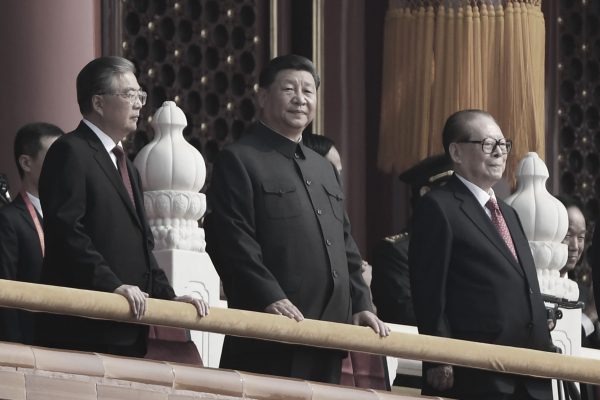
Previous reports by SinoInsider have noted that Xi Jinping’s strongman image masks the shaky political foundation upon which his power in the Chinese regime depends. Xi’s decade in office has seen China’s economic and population growth decline sharply, its international image ruined, and social contradictions worsen.
Moreover, Xi’s anti-corruption campaign, which targets the once-dominant faction of former CCP head Jiang Zemin, has alienated large swathes of the communist regime’s elite.
Yuan Hongbing, an Australia-based jurist and Chinese dissident who has insider connections to the upper echelons of the CCP, said in a Dec. 30, 2021 interview with Vision Times that Liu Yazhou, a retired Chinese general, had been “placed under control” for claiming that Xi was an incompetent commander-in-chief.
According to Yuan, many PLA officers and Party cadres agree with Liu, a known “hawk” in the Chinese defense establishment who believes that the PRC should invade Taiwan and prepare for a “decisive battle” with the U.S.
Liu and his supporters, Yuan said, see Xi as unfit to serve a third term. In recent weeks, criticisms aired by those seemingly from the Jiang faction have appeared in Beijing-linked overseas media outlets, such as a 42,000-word “objective view” of Xi that accuses him of tearing down the Communist Party.
SinoInsider analysts believe that for Xi, securing a third term amid growing internal hostility to his rule would require him to take the drastic measure of going after powerful retired figures associated with the Jiang faction. However, such moves would endanger the stability of the CCP, where the retired “old leaders” are virtually untouchable.
Meanwhile, a successful invasion of Taiwan would guarantee Xi’s standing in the Communist Party — but botching the operation, or worse, inviting American or allied intervention in the conflict, would doom the CCP as well as Xi personally.



